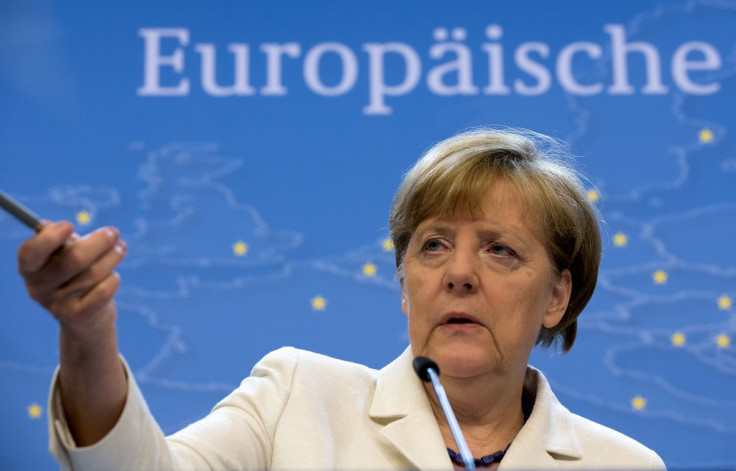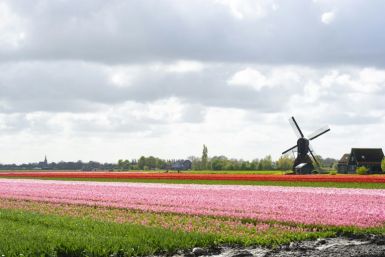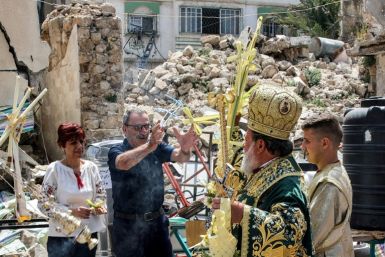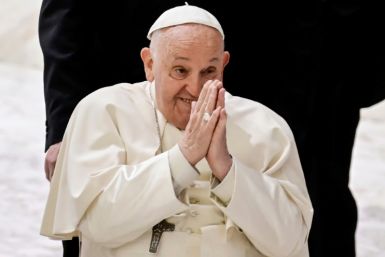German Chancellor Angela Merkel calls for special EU summit to discuss refugee crisis as UN Chief slams Hungary for ill treating refugees

The refugee crisis in Europe is showing no signs of abatement. After Monday’s Brussels’ meeting, the divisions within the EU came out, after bickering over the mandatory quota system for redistributing the refugees. That dimmed early hopes for a solution to the crisis. But German Chancellor Angela Merkel made a fresh call to convene a new summit of EU states to discuss the crisis threadbare.
Among other developments were, Hungary’s decision to enforce penal measures on refugees, including arrests for attempts to cross over from Serbia. It also extended the wire fencing to other border areas.
Merkel’s initiative
Taking a new initiative, German Chancellor Angela Merkel called for a special EU refugee summit in the fourth week of September and asked for greater unity among European states to tackle the refugee crisis. Ms Merkel’s conciliatory approach was in contrast to the angry reaction of one of her ministers who rubbed many eastern and central EU states on the wrong side, for opposing refugee quotas. The German minister had called for financial penalties on states refusing the refugee quota.
“So I think we must talk about ways of exerting pressure,” German interior minister De Maiziere told ZDF television, while reminding the countries opposing the quotas that they themselves are beneficiaries of structural funds, which is the EU money for helping poorer regions in catching up with wealthier areas. But, the comments of the German minister drew strong reaction from many EU states in the eastern and central region.
"German threats that central Europe will be punished by cutting cohesion funds are empty but very damaging to all," said Tomas Prouza, the Czech State Secretary for the EU.
Slovakia said it would never support mandatory refugee quotas. Prime Minister Robert Fico said never before had a country been punished for having a different opinion and a step would mean "the end of the EU," Fico said.
Ms Merkel’s call for consensus was supported by Austrian Chancellor Werner Faymann.
“I think we need to establish a European spirit again ... I don't think threats are the right way to achieve agreement,” Merkel told a news conference with the Austrian Chancellor.
Hungary’s tightens laws
Meanwhile, Hungarian Prime Minister Viktor Orban -- the most vocal opponent of immigration, vowed to stop the flow of people and declared a "state of crisis" in two southern border counties. Hungary made things really tough for refugees with the new laws made effective from Tuesday, CNN reported.
Under the new Hungarian laws, anyone climbing the border fence will face jail term for at least for three years. Hungarian authorities said they have already begun the arrests. It also increased the waiting time at the Hungarian border. The refugees may face arrest or get thrown back to Serbia or will be forced to take alternative routes. The options are – they can go west into Croatia, or into Romania in the east. But unlike Hungary, they are not part of Europe's Schengen border-free travel zone.
Mr Orban justified Hungary’s actions, saying they were meant to save Europe's "Christian values" and an effort to block the main overland route being used by mainly Muslim refugees, who take the Balkans via the border with Serbia.
Ban Ki-moon condemns ill treatment
Meanwhile, U N Secretary-General Ban Ki-moon expressed shock at the treatment being meted out to refugees on the border of Hungary and Serbia, and urged Hungary to show more dignity and respect to the human rights of the refugees.
Ban Ki-moon told a news conference that he was shocked to see “how these refugees and migrants were treated, it's not acceptable."
The U.N boss continued: “All the countries have their domestic problems, but since they are the people fleeing the wars and persecutions, then we must show our compassionate leadership. They must be treated with human dignity and human rights. That's my consistent message to European and Asian leaders, wherever this migration and refugees are coming."
Amnesty International also slammed Hungary's actions and called them "ugly" and "draconian."
For feedback/comments, contact the writer at feedback@ibtimes.com.au or let us know what you think below.






